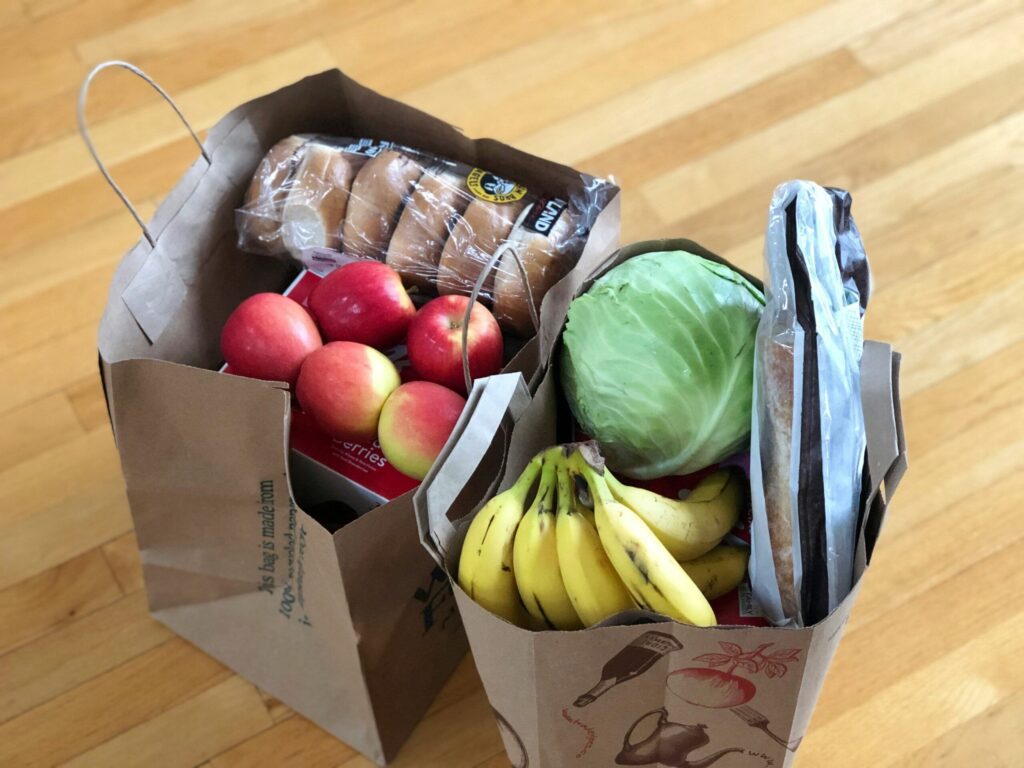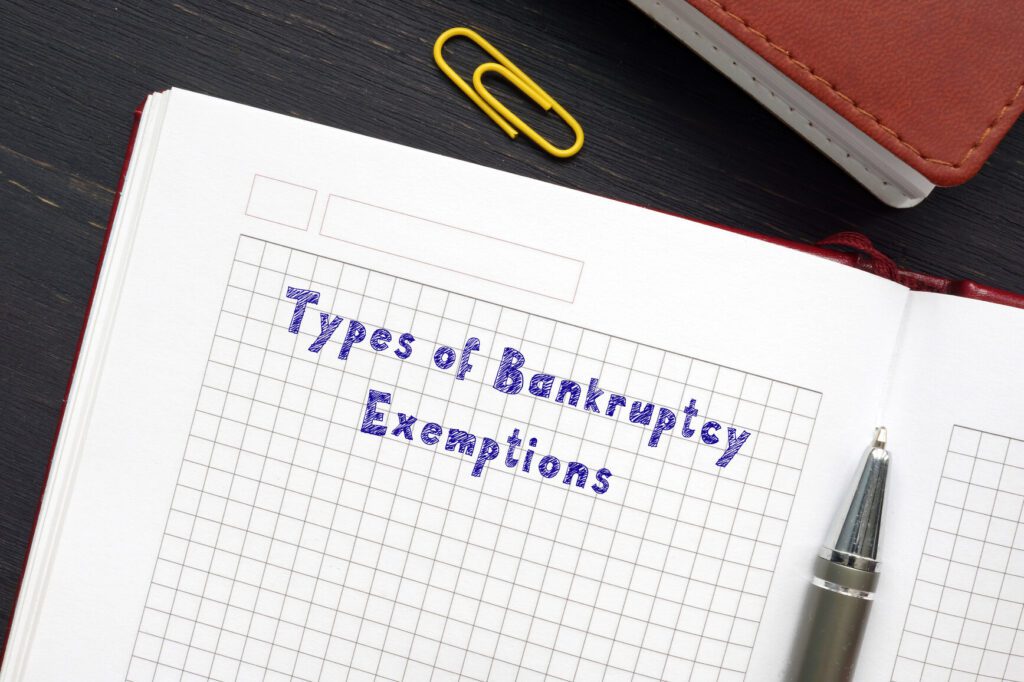The holidays are a time of joy and generosity, but for many, they leave behind a less festive gift: debt. Overspending during the season can create financial stress that lingers well into the new year. In fact, a survey from the Chartered Professional Accountants (CPA) of Canada found that 94% of Canadians were expecting the holidays to cause financial stress, and 56% say they’ve relied on credit cards to cover their holiday purchases. If you’re feeling overwhelmed by a ‘holiday debt hangover’, you’re not alone. The good news? You can take steps to regain control of your finances in 2025 and set yourself up for a brighter future. In this article, we share our top tips.
1. Understand your debt situation
The first step to recovering from holiday debt is to understand the full scope of your financial situation. Begin by listing all your debts, including credit cards, personal loans, and any holiday-related expenses. Once you have a clear picture, categorize your debts to identify which ones have the highest interest rates. These should take priority in your repayment plan. This form of debt repayment method is known as the debt avalanche method. To stay organized, consider using a debt tracker tool like Spergel’s free budget template, which can help you monitor your progress and set a baseline for improvement.
2. Create a post-holiday budget
Crafting a budget tailored to your post-holiday reality is essential for getting back on track. Start by analyzing your expenses to determine areas where you can cut back, such as dining out or unnecessary subscriptions. Then, set specific spending limits and allocate a portion of your income toward debt repayment. To avoid a similar situation next year, begin planning now by starting a holiday savings fund, ensuring you’re better prepared for future expenses.
3. Prioritize high-interest debt
When it comes to paying off debt, focusing on high-interest balances can save you money in the long run. One effective strategy is the debt avalanche method, which involves targeting debts with the highest interest rates first while making minimum payments on others. Alternatively, the debt snowball method allows you to pay off smaller debts first, helping you build momentum and confidence. If managing multiple payments feels overwhelming, exploring a debt consolidation loan could simplify the process and potentially lower your interest rates.
4. Explore professional debt relief options
If your debt feels unmanageable, seeking professional assistance might be the solution you need. Consulting with a Licensed Insolvency Trustee from Spergel can provide expert guidance tailored to your unique situation. Licensed Insolvency Trustees are the only professionals in Canada legally able to file all forms of debt relief, and they can help you explore options like consumer proposals or even bankruptcy, offering relief from collection calls and a clear path forward. The benefits of professional help extend beyond financial relief – they can also significantly reduce stress and help you regain peace of mind.
5. Adopt better financial habits in 2025
To ensure long-term financial stability, it’s important to adopt healthier money management habits. Automating savings is a great way to build a financial cushion without much effort. Additionally, tracking your spending through Spergel’s budget template can help you identify patterns and areas for improvement. Finally, setting SMART goals for 2025 – Specific, Measurable, Achievable, Relevant, and Time-bound – will give you clear objectives to work toward and keep you motivated throughout the year.
Holiday debt hangover: FAQs
Here are some of the most common questions we receive around holiday debt hangovers:
What is debt hangover?
Debt hangover refers to the financial stress and burden that lingers after a period of excessive spending, often tied to events like the holiday season. It typically includes feelings of anxiety, regret, and overwhelm as individuals face mounting bills, high-interest payments, and depleted savings. Just like a traditional hangover, a debt hangover can impact mental and emotional well-being, but it can be managed and resolved with the right strategies and financial planning.
How much debt is too much in Canada?
How much debt is considered too much in Canada ultimately depends on your income, expenses, and financial goals. A common guideline is the debt-to-income ratio, which compares your total monthly debt payments to your gross monthly income. In Canada, a debt-to-income ratio above 43% is typically seen as a red flag, as it may indicate financial strain and difficulty managing debt. Additionally, carrying high-interest debt, such as credit card balances, or being unable to make minimum payments consistently, can be signs that your debt load is too high.
What are some ways to prevent yourself from going into debt around the holidays?
To prevent going into debt around the holidays, consider these strategies:
- Set a holiday budget: determine how much you can afford to spend overall and allocate specific amounts for gifts, food, travel, and other expenses. Stick to your budget.
- Save in advance: start a holiday savings fund early in the year, setting aside a small amount each month to cover seasonal expenses.
- Plan and shop early: avoid last-minute purchases by planning ahead. Shopping early allows you to take advantage of sales and avoid overspending in a rush.
- Use cash or debit: paying with cash or a debit card can help you avoid overspending and accumulating credit card debt.
- Set expectations: communicate with friends and family about gift limits or alternative ideas, such as handmade gifts or gift exchanges, to keep costs manageable.
- Track spending: keep an eye on your purchases to ensure you stay within your budget and avoid unplanned expenses.
- Focus on experiences: prioritize meaningful experiences over material gifts. Hosting a potluck or spending time together can be more memorable and cost-effective.
By planning and being mindful of your spending, you can enjoy the holiday season without the financial stress.
The holiday debt hangover doesn’t have to define your 2025. By understanding your financial situation, setting a realistic budget, and seeking help when needed, you can recover and rebuild. Spergel is here to support you every step of the way, offering tailored debt relief solutions to help you achieve financial freedom. Ready to take control of your finances? Contact Spergel today for a free, no-obligation consultation.


















